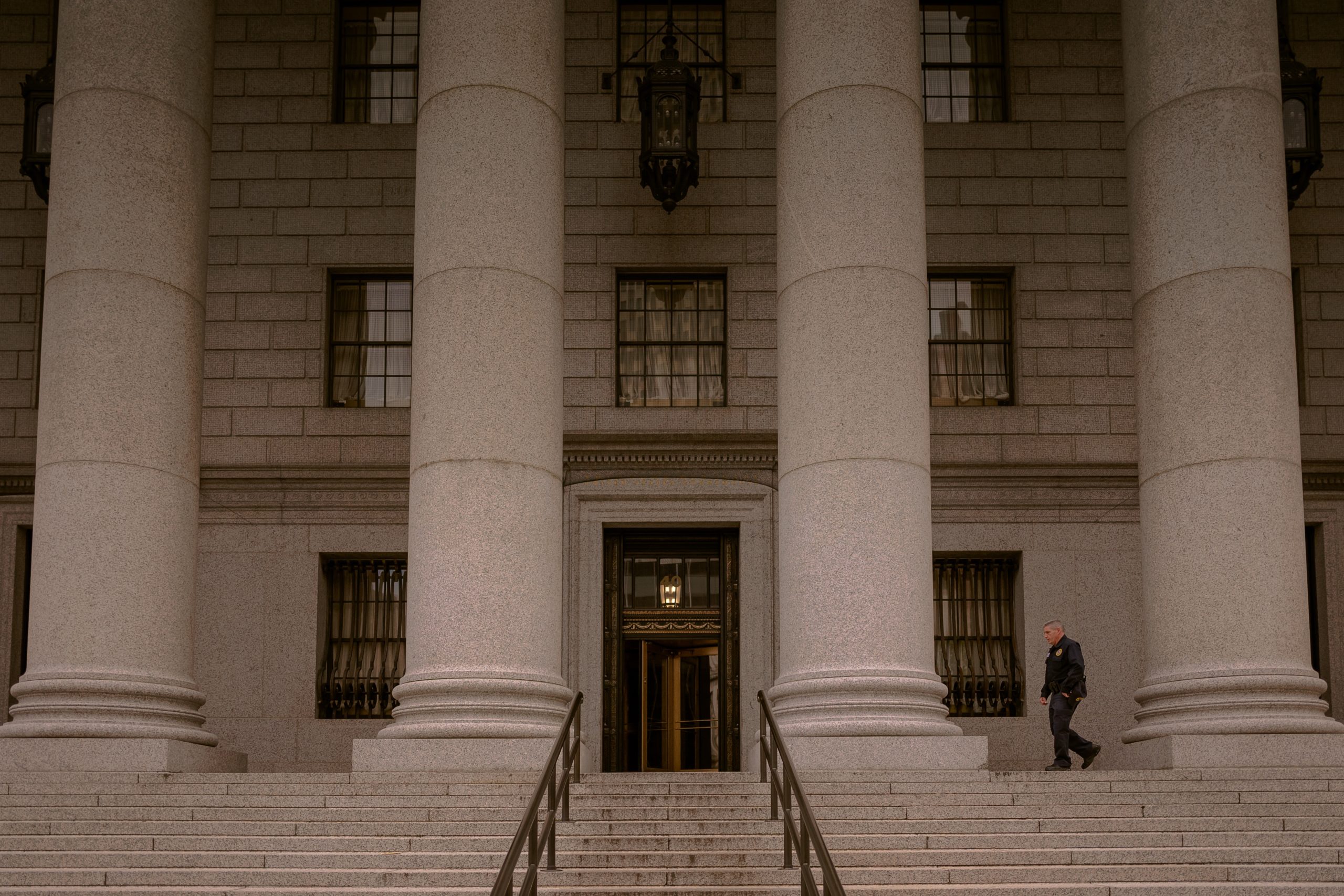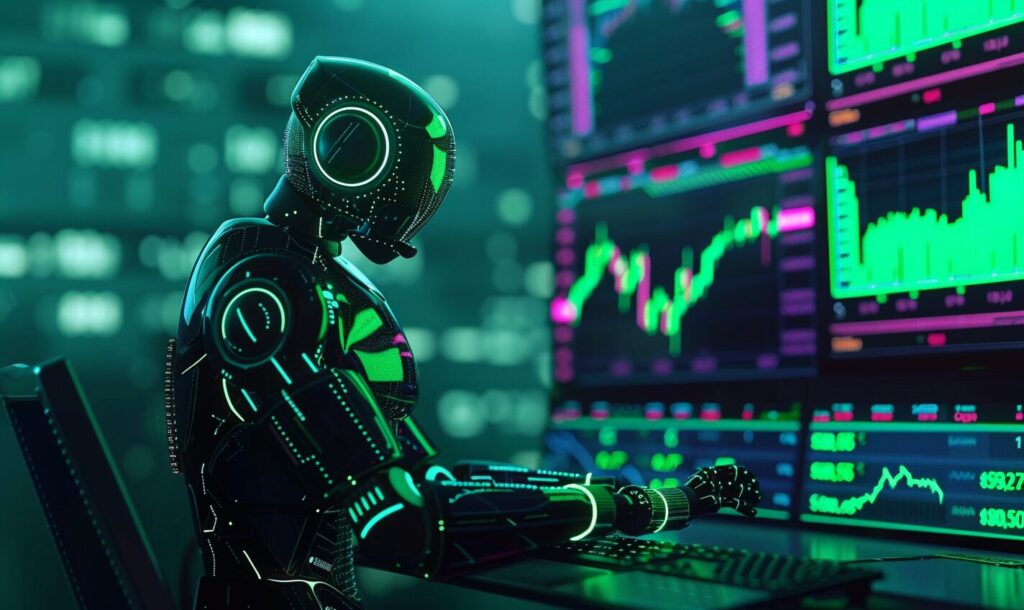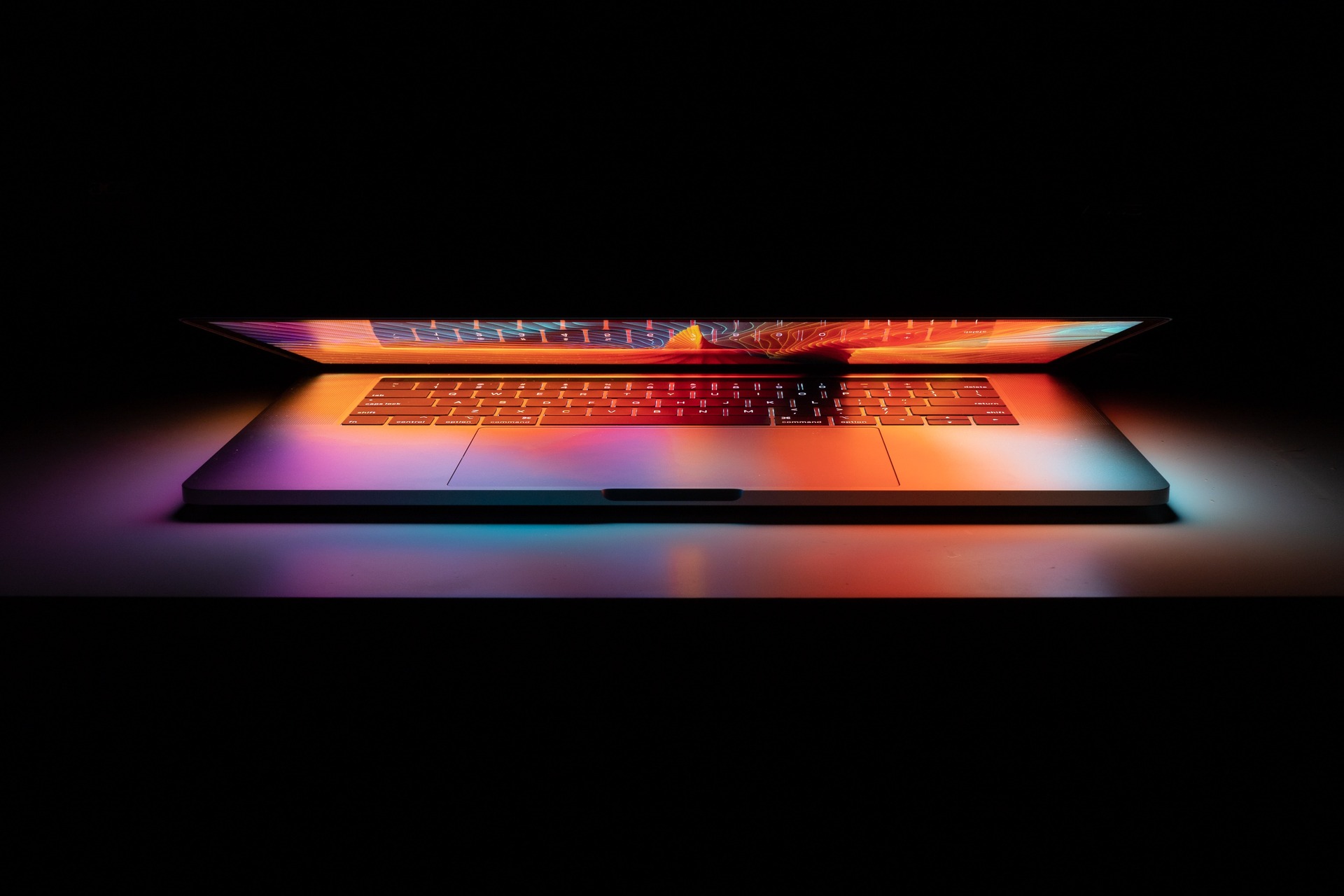The idea that artificial intelligence will someday become a part of our everyday life has been around for quite some time. With countless movies about robots doing chores for us or even living alongside humans, it has always seemed that a world with artificial intelligence is something far off in the future. But artificial intelligence, also referred to as AI, is used quite commonly today. AI jurors could be coming today.
AI seems to pop up in some unexpected places, but as those behind it try to find practical uses for the technology, they’re definitely getting creative. In fact, one of the most creative uses for AI is in the legal industry with juries and decision making.
AI, Juries and Sentencing
Getting called in for jury duty is something just about everyone dreads. When you have to take time off work, listen to the tiniest of details about a court case and then ultimately make a life changing decision for someone, being a juror puts a lot of pressure on people. So, why not replace them with robots?
While this may seem like a courtroom out of the future, robots are already being used to determine whether or not someone is guilty of a crime. Through a software algorithm, AI can provide suggestions for punishments to a crime. It is able to assess guilt and consider things like risk of violence when determining what that punishment should be.
While AI may be able to think like a standard juror on the surface, is it really ethical to have a robot decide someone’s fate?
How AI Works In Court Cases
When we talk about AI replacing traditional jurors, we’re not talking about humanlike robots filling in. Instead, AI used in court cases is just an algorithm that helps determine someone’s risk. The riskier the algorithm decides the person is, the higher their bail will be, the more strict their sentence, or the longer their parole.
On the surface, an algorithm like this could make it easier to process cases. By using an algorithm, courts wouldn’t need to secure real jurors to listen to evidence and make a decision. Instead, AI could make the challenging decisions, preventing from interfering with people’s everyday lives.
However, this algorithm isn’t as great as it may seem. While AI is new to the courtroom, it has already stirred up some controversy.
Problems with AI Jurors in the Courtroom
Whether we realize it or not, algorithms control a major part of our lives. From the ads we see when we open our computers to the posts that display first on our social media pages, we experience AI numerous times each day. However, these small suggestions are not as life-altering as the algorithm a AI juror would need to use.
Algorithms, like humans, can make mistakes. However, the decision an algorithm comes to cannot be explained the same way a human can explain their thought processes. If a traditional human jury finds someone guilty of a crime, they’re able to explain how they came to that conclusion. This is not the same for AI.
Another problem that comes with the current state of AI in the courtroom is that the companies who have developed these algorithms do not want to share its processes with the public. This makes it impossible to challenge the AI. Because it is privately owned, business owners do not need to disclose this information, leaving others left wondering what made it come to that conclusion.
While using AI as replacements for jurors could be beneficial in the future, it seems like something we will need to adjust to slowly. As the algorithm is refined and we begin to better understand the decisions being made, it could be something common in the future.
Recent Stories
Follow Us On
Get the latest tech stories and news in seconds!
Sign up for our newsletter below to receive updates about technology trends















